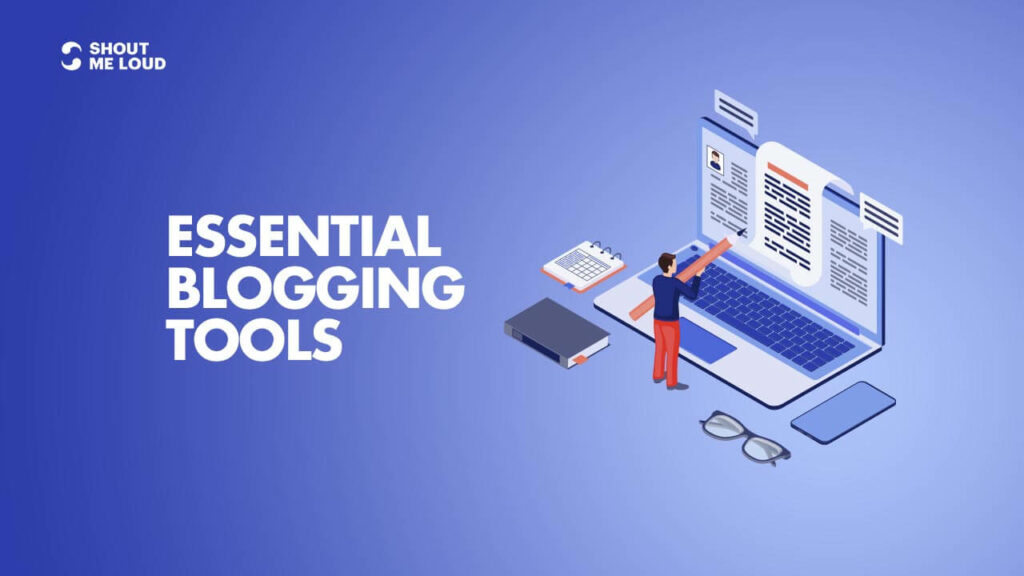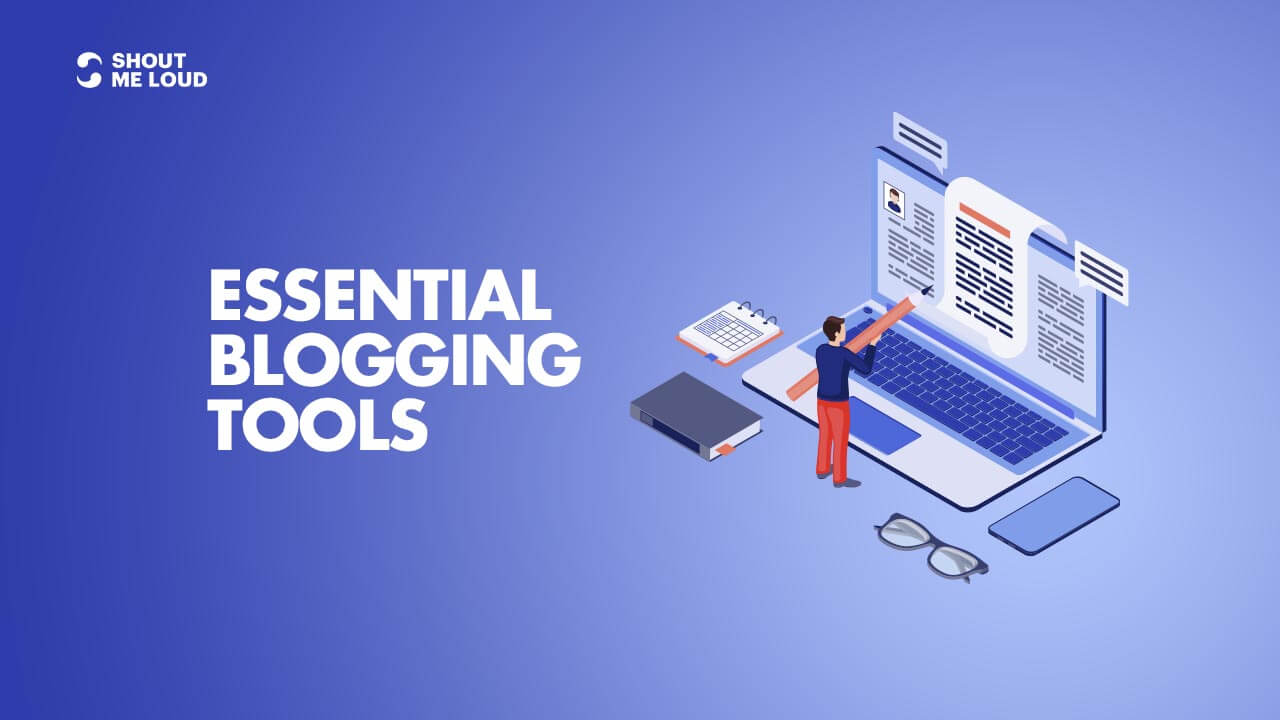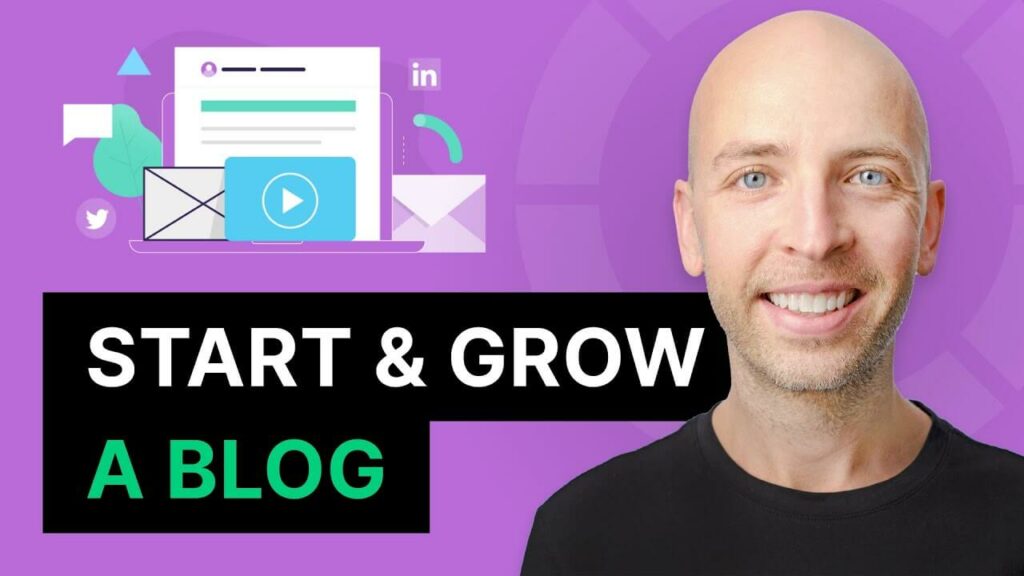Top Tools Every Blogger Should Know About


Blogging has evolved significantly over the years, becoming an essential marketing tool and a lucrative profession for many. As a blogger in 2023, you’re no longer just a content creator, but also an SEO strategist, marketer, and entrepreneur. To excel in the competitive world of blogging, you need to be equipped with the right tools to streamline your content creation process, optimize your posts for search engines, and reach your target audience. In this blog post, we’ll delve into the top tools every blogger should know about to ensure ultimate blogging success. Let’s get started!
Keyword Research and SEO: SEMrush and Ahrefs
SEMrush and Ahrefs are the industry-leading keyword research and SEO tools. They provide comprehensive data on keyword search volume, competition, and keyword difficulty, allowing you to identify long-tail keywords and optimize your content accordingly.
SEMrush also offers features like competitor analysis, backlink analysis, and site audits to help you fine-tune your SEO strategy. Ahrefs, on the other hand, is known for its extensive backlink database, giving you insights into your competitors’ link-building strategies and helping you uncover new link opportunities.
Content Creation and Editing: Google Docs and Grammarly
Google Docs is a powerful, free tool for content creation and collaboration. With its real-time editing and commenting features, you can easily work with team members or clients to create and revise content seamlessly.
Grammarly is an essential tool for polishing your content and ensuring it’s free of grammar and spelling errors. This AI-powered writing assistant not only checks for mistakes but also provides context-specific suggestions to improve your writing style and clarity.
Headline Optimization: CoSchedule Headline Analyzer
Your headline can make or break your blog post’s success. CoSchedule Headline Analyzer is a free tool that evaluates your headlines based on factors like word balance, length, sentiment, and SEO optimization. It then provides you with a score and recommendations to improve your headline’s effectiveness.
Content Management System (CMS): WordPress
WordPress is the most popular CMS for bloggers, powering over 40% of the web. It’s user-friendly, highly customizable, and offers a wide range of plugins and themes to suit your needs. With its robust features and extensive support community, WordPress is the go-to choice for both beginners and experienced bloggers.
Visual Content Creation: Canva
In today’s visually driven world, eye-catching graphics and images are essential for engaging your audience. Canva is an easy-to-use graphic design tool that allows you to create stunning visuals for your blog posts without any design expertise. With its vast library of templates, icons, and fonts, you can quickly produce professional-quality images to enhance your content.
Social Media Management: Buffer and Hootsuite
Buffer and Hootsuite are popular social media management tools that help you schedule and manage your social media posts across multiple platforms. These tools enable you to maintain a consistent online presence, analyze your social media performance, and engage with your audience more effectively.
Email Marketing: Mailchimp and ConvertKit
Building an email list is vital for nurturing your audience and promoting your content. Mailchimp and ConvertKit are top email marketing tools, offering features like list segmentation, automation, and customizable templates. Both platforms provide analytics to help you track your campaigns’ success and optimize your email marketing strategy.
Conclusion
In 2023, blogging success depends on more than just great content. It’s about utilizing the right tools to create, optimize, and promote your blog posts effectively. By incorporating these top tools into your blogging arsenal, you’ll not only save time and effort but also elevate your content’s quality, boost your search engine rankings, and engage your target audience like never before.






Responses